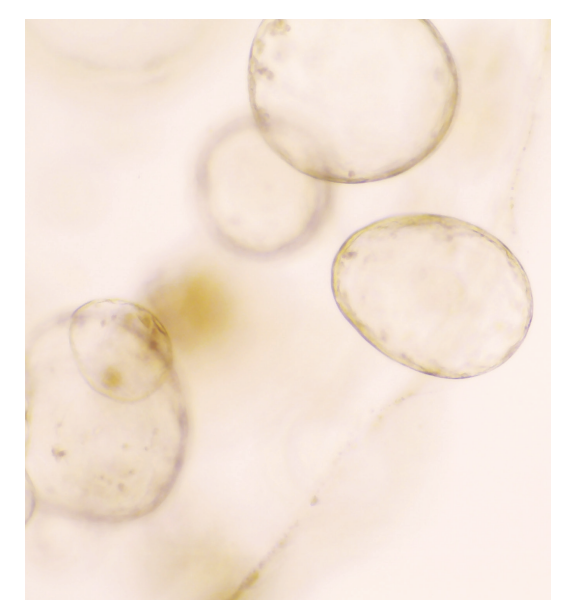NBC and MI are contributing to a nationwide team that have launched a new platform to understand immunotherapy response and side effects in cancer
Cancer Research UK National Biomarker Centre and Manchester Institute, alongside clinical colleagues at the Christie Hospital Foundation Trust, are major players within a newly formed consortium funded by substantial award to discover and develop biomarkers to understand and predict immunotherapy responses and side effects in cancer.
The UK-wide team, comprised of 6 major NHS trusts, and 16 academic institutes and universities, has received £9m from the Medical Research Council and the Office for Life Sciences, and >£12m in matched funds from industry partners with the ambition of bringing a comprehensive solution to the current challenges in immunotherapy.
Immunotherapy is a form of treatment that uses an individual’s own immune system to fight cancer and although the treatment benefits some patients, the majority relapse or experience significant side effects.
There is a lack of biomarkers, tests performed on clinical sample, that can inform doctors whether their patient will or will not benefit from immunotherapy. Identifying and developing these biomarkers could help to select patients most likely to benefit, but also reveal avenues for new treatments, like vaccines and cell therapies.
Our new consortium, MANIFEST (Multiomic ANalysis of Immunotherapy Features Evidencing Success and Toxicity) aims to build a robust platform of standardised biomarkers that will help predict response, resistance and toxicity and contribute to optimise the use of current and future immunotherapies by bringing together stakeholders with synergistic expertise in translational research (laboratory to clinic) and biomarker development to address this challenge.
MANIFEST will aim to validate which biomarkers reveal clues present in patients before they start immunotherapy, on whether they will respond and to develop biomarkers that can monitor the response during their treatment.
The programme will use pre-existing longitudinal samples (tumour biopsies and blood samples) of >3,000 patients across 10 reported clinical studies and undertake a prospective sample collection (blood, stool and tumour) across our partner NHS trusts, initially focussing on breast, bladder, kidney and skin cancers. A standardised approach will be applicable to multiple tumour types which will allow for new tumour sites to be included in the future.
The NBC will contribute to two of the seven packages of research (Circulating Biomarkers and Spatial Profiling) bringing expertise in liquid biopsy (cfDNA) and tissue biomarkers and work closely with Santiago Zelenay (CRUK Manchester Institute) to contribute to the Therapeutics Screening studies using patient-derived tumour fragments that we can culture in the laboratory.
The CRUK NBC and Manchester Institute, working closely with clinicians at the Christie and our collaborators across the consortium, are delighted to contribute to this important new initiative, that will allow us to use Immunotherapies more intelligently, bring improved and durable outcomes for patients without toxicity in those who will not benefit.
Professor Caroline Dive
Project Co-Lead and Director of the CRUK National Biomarker Centre




